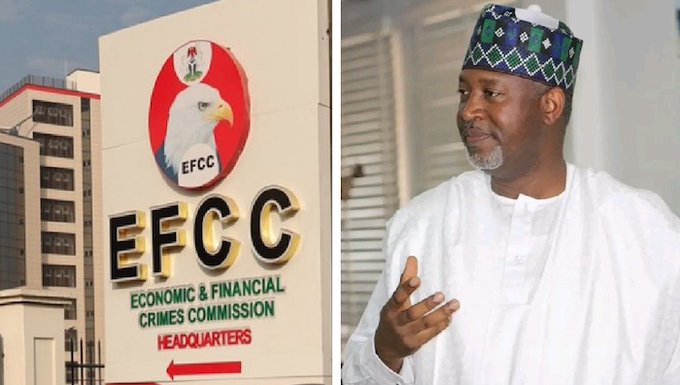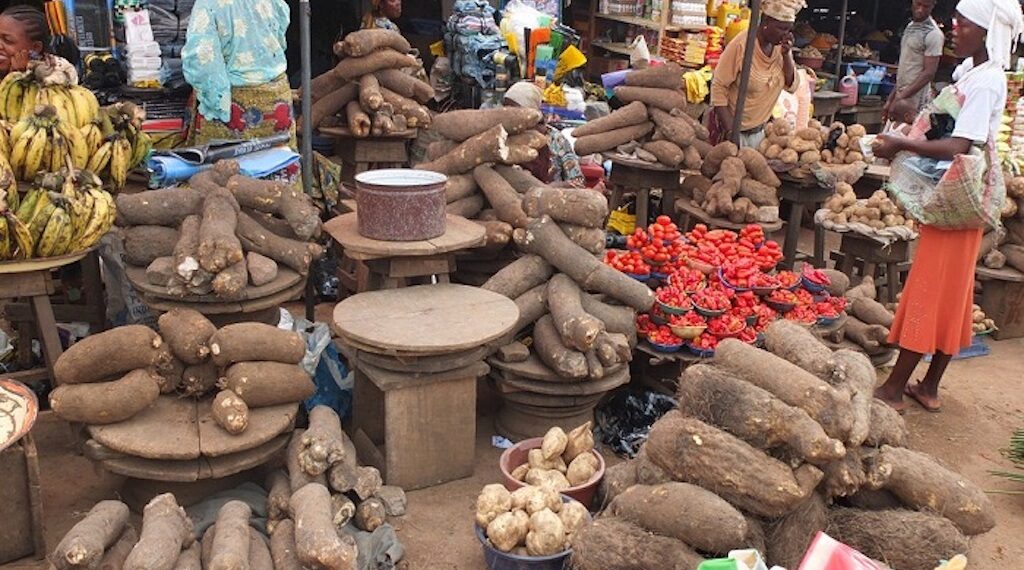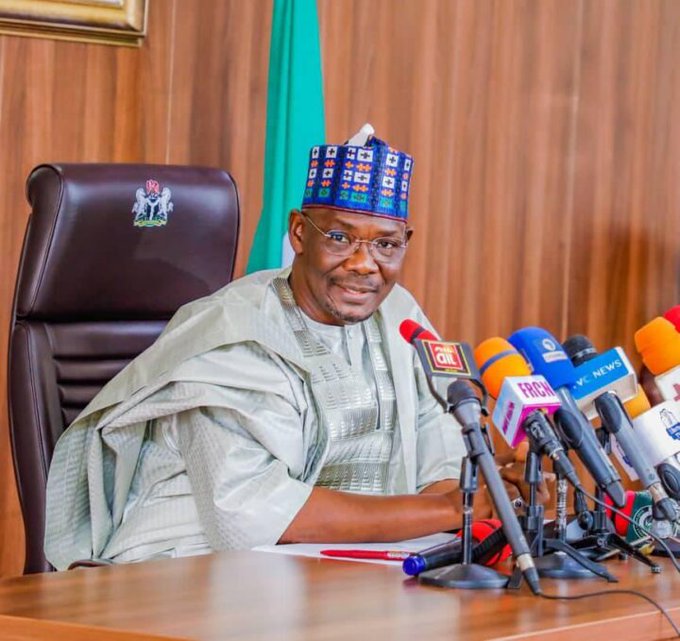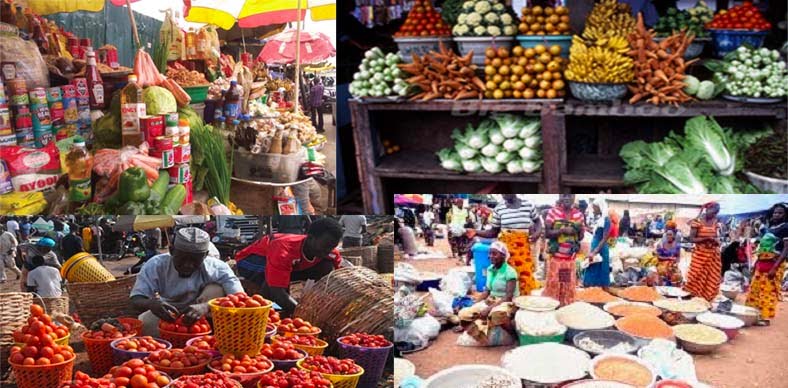OBSERVATION: Breaking The Socio-Economic Lockjam


- By Ademola Yaya
W ITH the exception of the politicians wielding political power at all levels – Federal, States and Local Governments – the majority of Nigerians, especially the poor working people are living in a hellfire vis-à-vis prohibitive prices of foodstuffs and other consumables. By poor working people, I mean average workers, market women, traders, artisans, students and unemployed.
While their earnings have remained the same, the prices of daily necessities of life have continued to skyrocket beyond their reach on a daily basis to the extent that they are finding it extremely difficult to breathe. Yes, we had had economic recession in the past and survived it. What is happening now is not a recession; it is a systemic structural adjustment programme aimed at bleeding out the poor working people for the insatiable greed and profligacy of the ruling elite.
Before the current hunger explosion, the state of insecurity in the land has obstructed farming activities as herdsmen have continued to invade farmlands, killing farmers on their farms, for their cows to feed which has become routine, with no solution from the government, especially throughout the eight years administration of President Muhammadu Buhari.
The herdsmen saw him as their kinsman who would protect them; hence, they operated with impunity throughout. And any attempt by the farmers to resist invasion of their farmland and defend their means of livelihood has always resulted into killings and burning of their farmland. Apart from those injured and missing that cannot be accounted, over 38,000 deaths were recorded in Borno, Adamawa and Yobe States as of September 2023 while several are killed in Benue State, right on their farmland by herdsmen.
With the mentality of their kinsman in power, these herdsmen came down the south to unleash same terror on people’s farmland. Remember Igangan community in Ibarapa North Area of Oyo state where many farmers were killed and their farmland burnt by suspected herdsmen and what became of Sunday Igboho who was leading assault against these herdsmen and calling for their expulsion from the South-West; Ago-Owu farm settlement herdsmen attacks of farmers on their farmland, to mention but just two.
These struggles led to the call for Ruga in every state by the Buhari led government, which was eventually turned down as it was seen as a grand design by the Fulani to capture the entire country under the guise of Ruga. The long and short of it is that farming activities were disrupted and destroyed as farmers who were lucky to escape death abandoned farming for other engagements. With this development, one doesn’t need a seer to state that there would be repercussion on food production. And upon all these crises and under the guise of printing new naira notes, naira was made unavailable for average Nigerians to fund day-to-day activities spiced with scarcity of petrol till the 2023 general elections.
The poor people persevered with the expectation that after the election and enthronement of a new administration, things would turn around for better. And the elections came and went, winners emerged and people were looking forward to the swearing-in of the new administration with the mantra, ‘Renewed Hope’. To the surprise of everybody on his inauguration day, outside his prepared official inaugural speech, President Tinubu declared, ‘oil subsidy is gone’ and subsequently started devaluation of Naira! These twin policies are structural adjustment programmes of IMF and World Bank, initiated right before any stakeholders’ consultation much else constituting a cabinet or holding the first Executive Council Meeting!
As a governor of Lagos State between 1999 and 2007, Tinubu was said to be an achiever Governor but a Governor does not determine economic policies or declare war; a President does. A Governor could take a boald but risky initiative and boomerang and yet, go scot-free; a President cannot as he/she must have a thorough theoretical grasp of issues at hand especially on economy and war, weigh their interplay with local reality and likely consequences and have a plan ‘B’ should unforeseen development come up. He/she must have a broad political compass and ideological lean with which he/she anchors his/her choices. As he was casual with Breton woods socio-economic choice for Nigeria, so he almost intervened militarily against Nigerien government last year under the platform of ECOWAS.
As he has pleaded with his fellow heads of state in ECOWAS to suspend their economic sanctions against Niger, Mali, Guinea and Burkina Faso, so he needs to reverse his IMF and World Bank induced fuel subsidy removal and floating of Naira. Breton woods socio-economic pills have never yielded good fruits for underdeveloped countries like Nigeria; what they bring is sorrow, tears and blood for the mass majority of the people while an infinitesimal proportion of the population – the ruling elite – will be stupendously rich.
As the so-called rice palliatives and money routed to the states via governors couldn’t make any impact in ameliorating food scarcity and hunger in the land, so will newly inaugurated tripartite committee – Economic Advisory Committee – comprising Federal Government, Sub-nationals and Private Sector to address Nigeria economic woes be no solution. One, it is predominantly peopled by politicians and capitalist businessmen who have largely contributed to same woes they are expected to address. Most of its members have always profited from successive governments substandard practices, inflated contracts, foreign exchange allocations, etc; they have bought our collective national assets for their personal benefits at give away prices; and there is no singular representative of the poor people like organised labour, Civil Society, professionals, etc in it.
The poor people have persevered enough; they have shown understanding while expressing their discomfort and pains but they cannot continue to live in hunger and starvation brought about by twin policies of fuel subsidy removal and floating of Naira. The only sure path to breaking the socio-economic lockjam is reversal to pre-May 29, 2023 fuel price of N195 per litre and immediate halt to the floating of Naira. Security challenges must be addressed with CBN special grants and loans with long moratorium to farmers.
Whatever happens thereafter should be a well-thought out, meticulously planned policy, with extensive inputs from stakeholders and experts, on how to redeem the economy for the benefit of the majority. Any other exertion outside this is a mere scratch of the surface of a complex socio-economic issue.
The opinions expressed in this publication are those of the author. They do not represent the opinions or views of OSUN DEFENDER.










